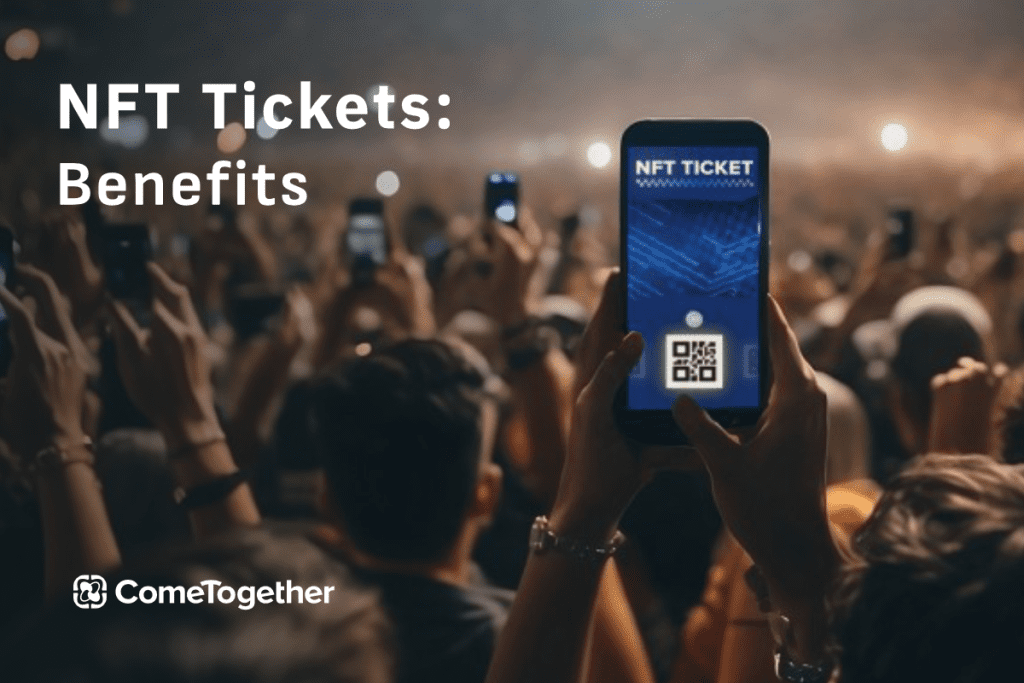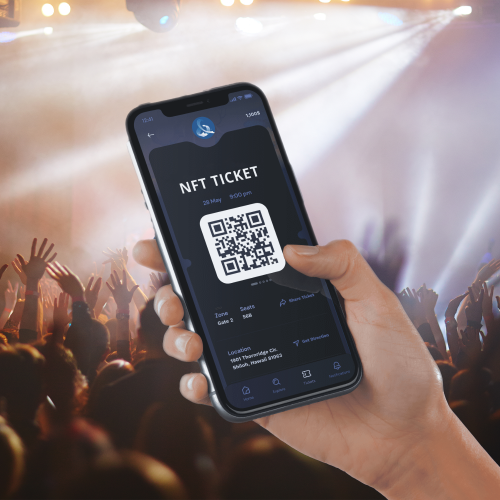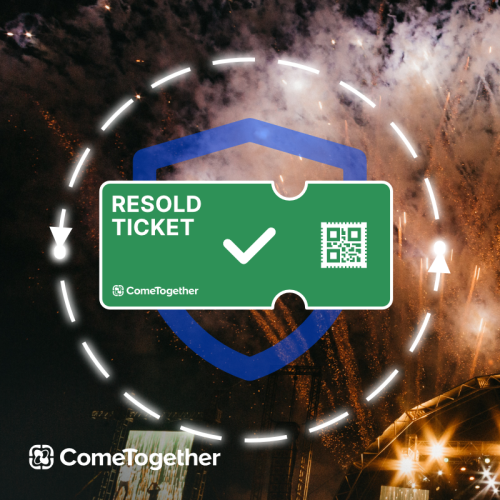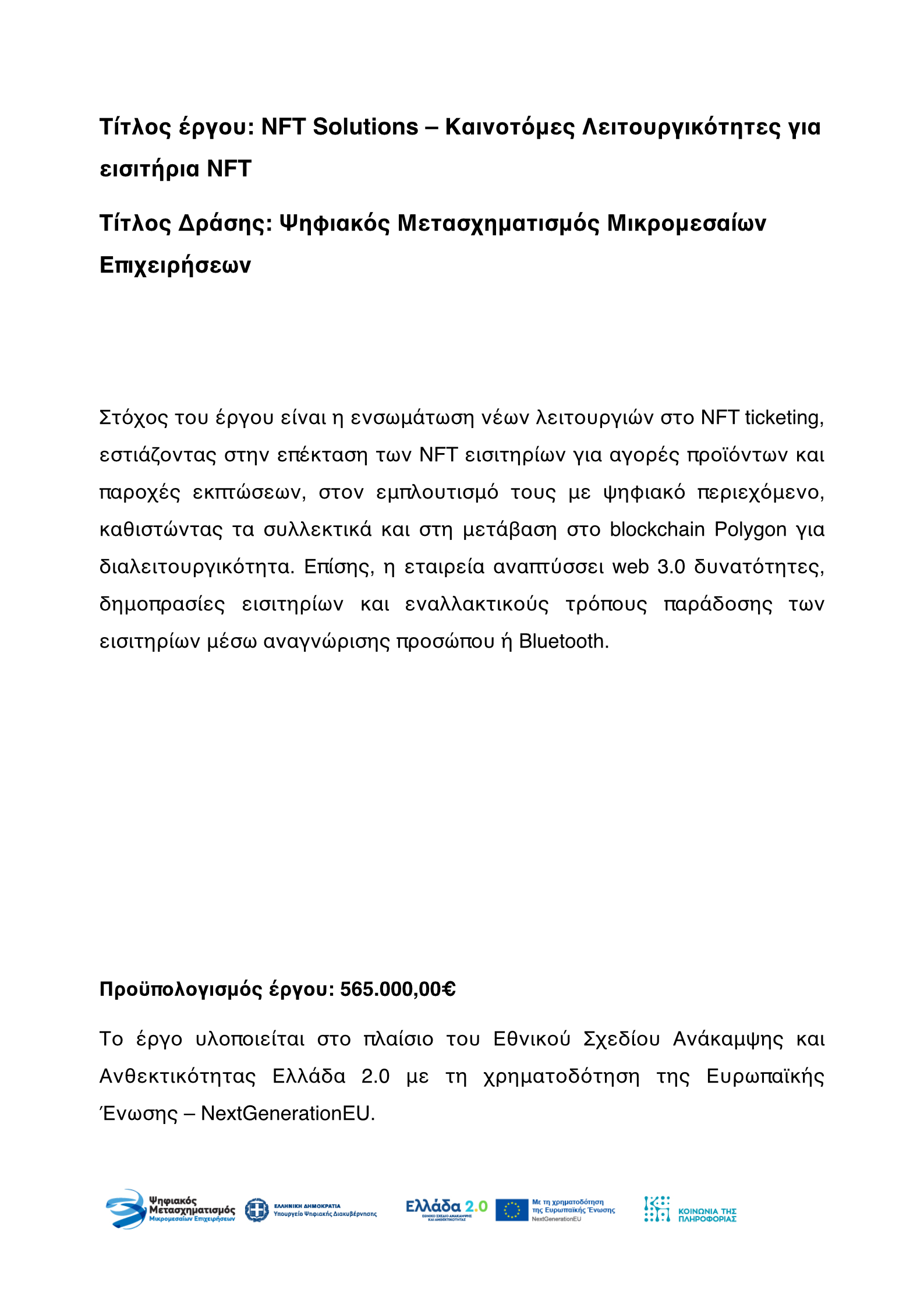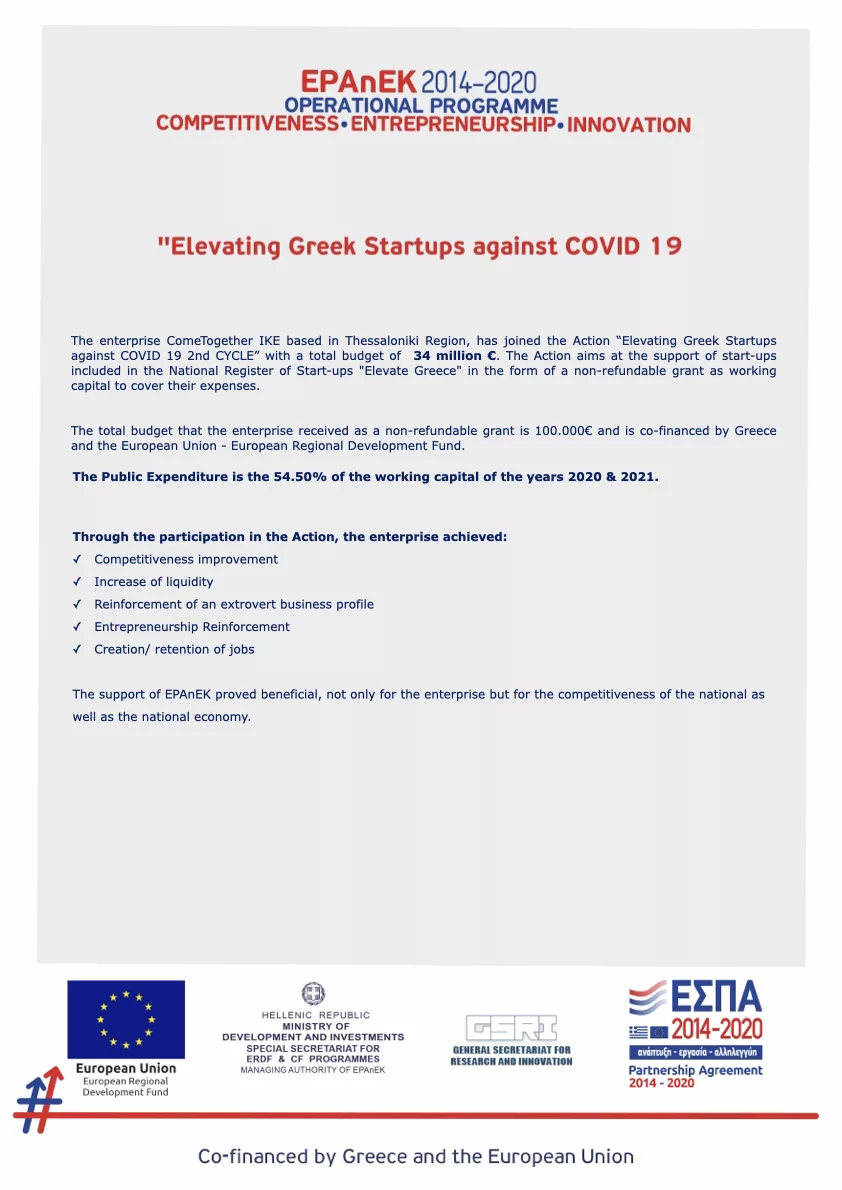The advent of non-fungible tokens (NFTs) has been making waves across various sectors, and one industry witnessing a revolutionary change is ticketing. NFT ticketing represents a shift from traditional paper-based and digital tickets to blockchain-enabled solutions, offering a plethora of benefits ranging from enhanced security to new revenue streams.
NFTs are unique digital assets verified using blockchain technology, which ensures each ticket is distinct and securely owned. This characteristic of NFTs is pivotal in transforming ticketing from its current state to a more secure and user-engaging model.

